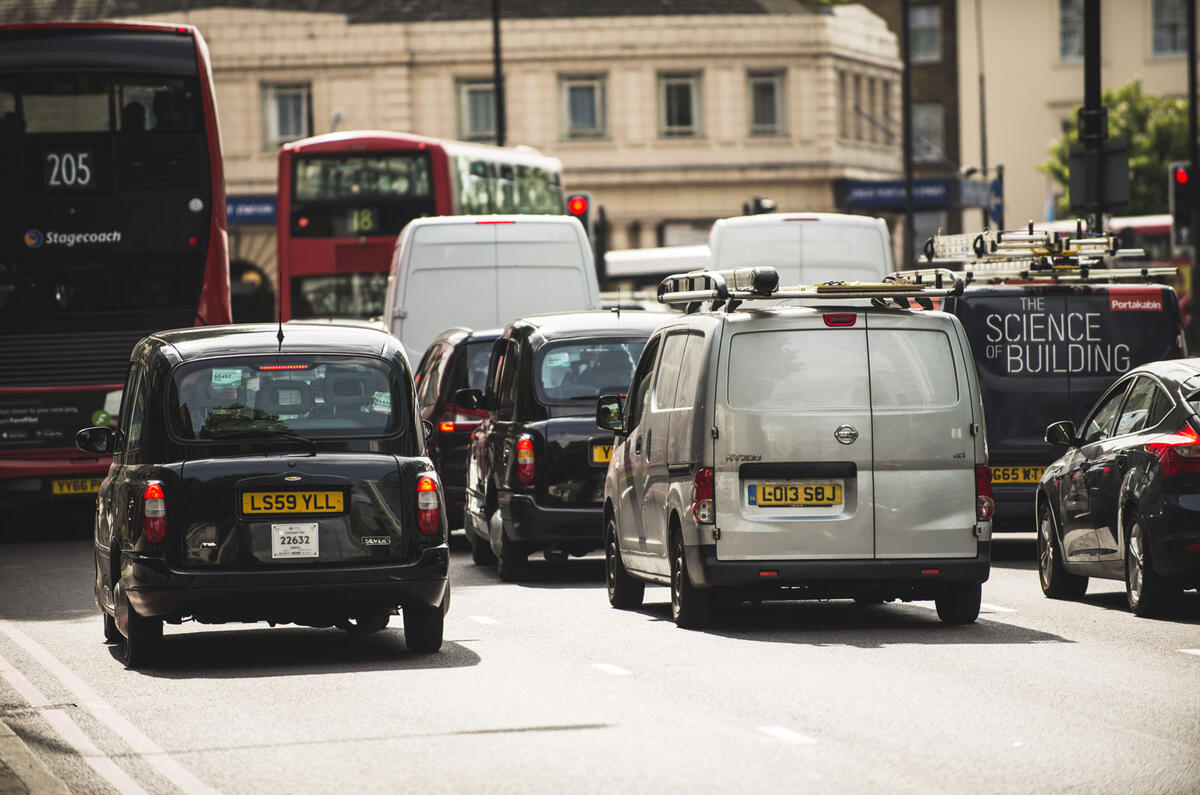Two real-world tests begin today to more accurately measure emissions of vehicles sold in Britain, replacing a single test that has not been updated for 20 years.
The tests, which measure fuel consumption, carbon dioxide, nitrogen dioxide, particulates and carbon monoxide, are part of European regulations intended to improve air quality and tackle climate change. They are being rolled out as part of Europe-wide reforms following the Volkswagen Dieselgate scandal.
From 1 September, every new car model will undergo a test called Worldwide Harmonised Light Vehicle Test Procedure (WLTP), which is conducted under laboratory conditions like the previous test. However, the new one is faster, longer and more dynamic, with a greater range of vehicle and engine speeds, engine load, gearchange and temperatures.
The second test, called Real Driving Emissions (RDE), will see cars analysed on urban and rural roads as well as motorways for 90 minutes, with measuring equipment placed on their exhaust system. It is the first time anywhere in the world that cars will be tested on roads.
By 1 September 2018, all new cars on sale will have undergone WLTP testing, and by 1 September 2019, all will have undergone RDE testing too.
Regarding RDE tests, Government estimates suggest that they will help cut nitrogen oxide emissions from new diesel vehicles by two-thirds. The Government claims that this reduction will be possible because where some cars were shown to have performed better in the lab than in real life, now they will have to conform to emissions limits in public - something that will force manufacturers to produce even cleaner powertrains. A diesel-testing programme last year found that several Euro 6 diesel cars were emitting around six times more nitrogen dioxide in the real world than in the lab.






Join the debate
Add your comment
Good news
Monumental
I'm not sure about "fool" the
I'm not sure about "fool" the tests, (the huge fines, damage to sales and reputations and criminal prosecutions will have put manufacturers and employees off from repeating that debacle) but I am sure the full details of the test will have been negotiated with manufacturers lobbying, and will still mean cars are designed to produce optimum results when on the test rather tan optimum real life results.
It's always been our regulators job to ensure the tests are both robust, repeatable and mirror real life as accurately as possible, and it seems that without the recent scandals and despite almost universal customer acceptance they were innacurate, regulators would have been happy to continue the old system.
the fuss...
is because all you hear about is diesel diesel diesel, and nothing about petrol. it would appear that a lot of people didn't notice this line of the article; "From 1 September 2019, all existing cars on sale will also be retested with this new system"